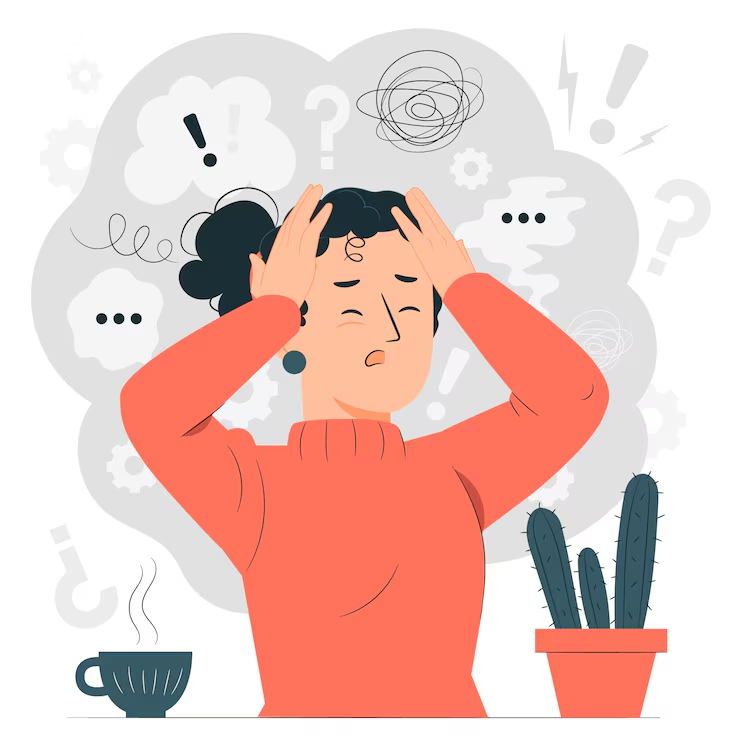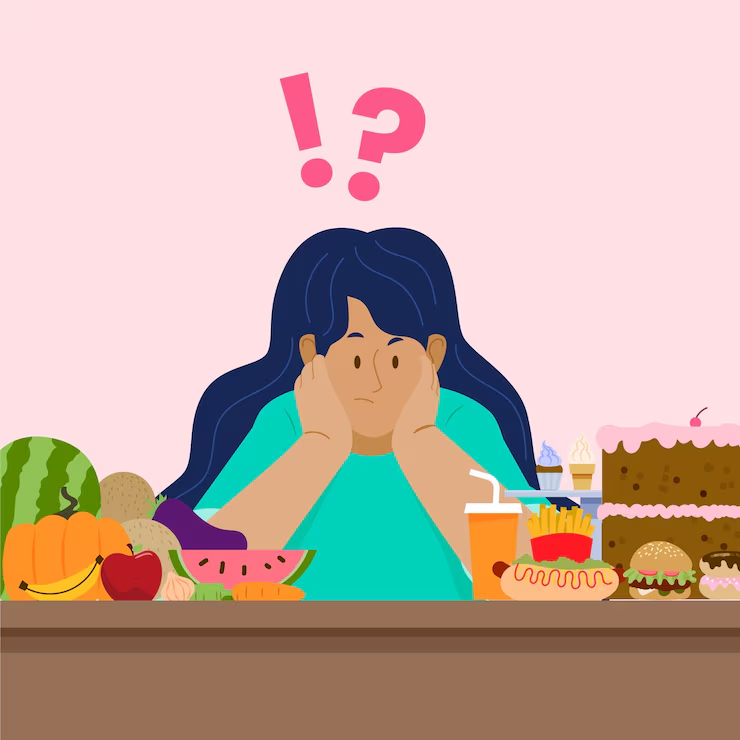
In the contemporary world driven by capital, burdening deadlines, and fast-paced professional environments, anxiety has become a common mental health condition affecting millions worldwide. Some of the factors that can contribute to anxiety include genetics, environment, and lifestyle. Research has also proven that diet is one of the ruling factors for boosting anxiety in individuals.
To understand the potential effects of diet on anxiety levels, we spoke to Dr Deepika Krishna, Premier Health Strategist and Managing Director of Immunosciences Supplements.
Dr Deepika says, “The gut-brain connection is a critical factor in understanding how diet influences anxiety. The gut is often called the "second brain" due to its vast network of neurons and its production of neurotransmitters, such as serotonin. Approximately 90% of the body's serotonin, a key mood-regulating neurotransmitter, is produced in the gut. A healthy gut microbiome can positively affect brain function and mood, highlighting the importance of diet in managing anxiety.”

Here are some nutrients that can help with tackling anxiety:
Omega-3 is found in fatty fish like salmon, walnuts, and flaxseeds. It has anti-inflammatory properties to boost the brain’s well-being and can reduce anxiety and depression symptoms.
Magnesium helps regulate the body's stress response system. leafy greens, nuts, seeds, and whole grains are magnesium-rich and can help you calm down and reduce anxiety.
B vitamins like B6 and B12 are vital for mental health and the production of neurotransmitters. Consume eggs, meat, legumes, and leafy greens for reduced anxiety and mood disorders.
Probiotics are essential for a healthy gut microbiome found in fermented foods like yoghurt, kefir, sauerkraut, and kimchi (Kimchi Recipe). “A balanced gut microbiome can improve mood and reduce anxiety by enhancing the production of neurotransmitters,” says Dr Deepika.
To ensure the regulation of your anxiety levels, you must avoid food items with high sugar and excessive caffeine and processed foods with artificial additives. “These foods can cause fluctuations in blood sugar levels and disrupt the balance of neurotransmitters, leading to increased anxiety and stress,” advises Dr Deepika.

Don't Miss: Why Seeking Therapy Is Essential For Everyone, Expert Weighs In
If you liked this story, stay tuned to HerZindagi for more!
Herzindagi.com is Jagran New Media's gender and lifestyle vertical, catering to women of all age groups, helping them remain updated, on-trend and aware. To improve our performance and understand our readers' interests better, we have created this poll. This will take 2 minutes of your time, do help us out. Click here to fill out the form.
Image courtesy: Freepik
Also watch this video
Herzindagi video
Our aim is to provide accurate, safe and expert verified information through our articles and social media handles. The remedies, advice and tips mentioned here are for general information only. Please consult your expert before trying any kind of health, beauty, life hacks or astrology related tips. For any feedback or complaint, contact us at compliant_gro@jagrannewmedia.com.